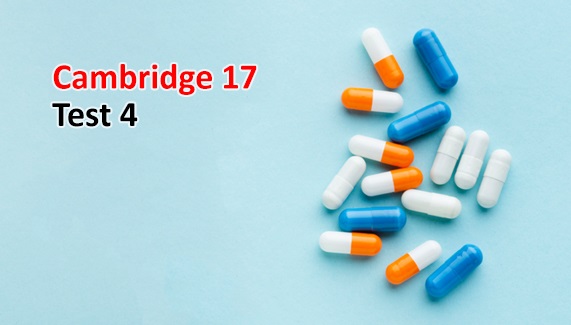
2023/12/19
Nowadays, a growing number of people with health problems are trying alternative medicines and treatments instead of visiting their usual doctor.
Do you think this is a positive or negative development?
I have rarely seen a task so misunderstood as this one. IELTS candidates think alternative medicine means self-medication. For instance, we buy aspirin from a drugstore to self-treat our migraines without consulting a doctor. However, alternative medicine concerns treatments used instead of traditional (mainstream) therapies and can cover massage, acupuncture, tai chi, and drinking green tea, to name but a few.
I have read a lot of essays on this task in the past few days. My students discussed the advantages of visiting a doctor, how well-trained doctors are in research-based institutions to diagnose a disease, and how careful the process of producing a drug is. They also wrote about how fraudulent people can abuse alternative medicine, how it can cause a delay in treating cancer in time, and how such methods are not scientific.
These ideas are all fine because they address the MIAN parts of the task (enough for band 7), but these answers ignore one keyword in the task: development. Did you notice this word in the task? The term ‘development’ seems to be referring NOT to any medicine but to people’s new tendency to use such medicine (a growing number of people).
To write a response addressing the WHOLE of the task, we should consider people, not just medicine. Why are people doing this? Is it because the chemical ingredients in drugs scare people away? This can be good in the long run because scientists can work on this and develop better treatments and drugs.
This trend can be equally alarming in the short run because this movement can negatively impact the public health rate. Imagine cancer patients learning too late what their problem is because they were busy drinking green tea.


0 Comment